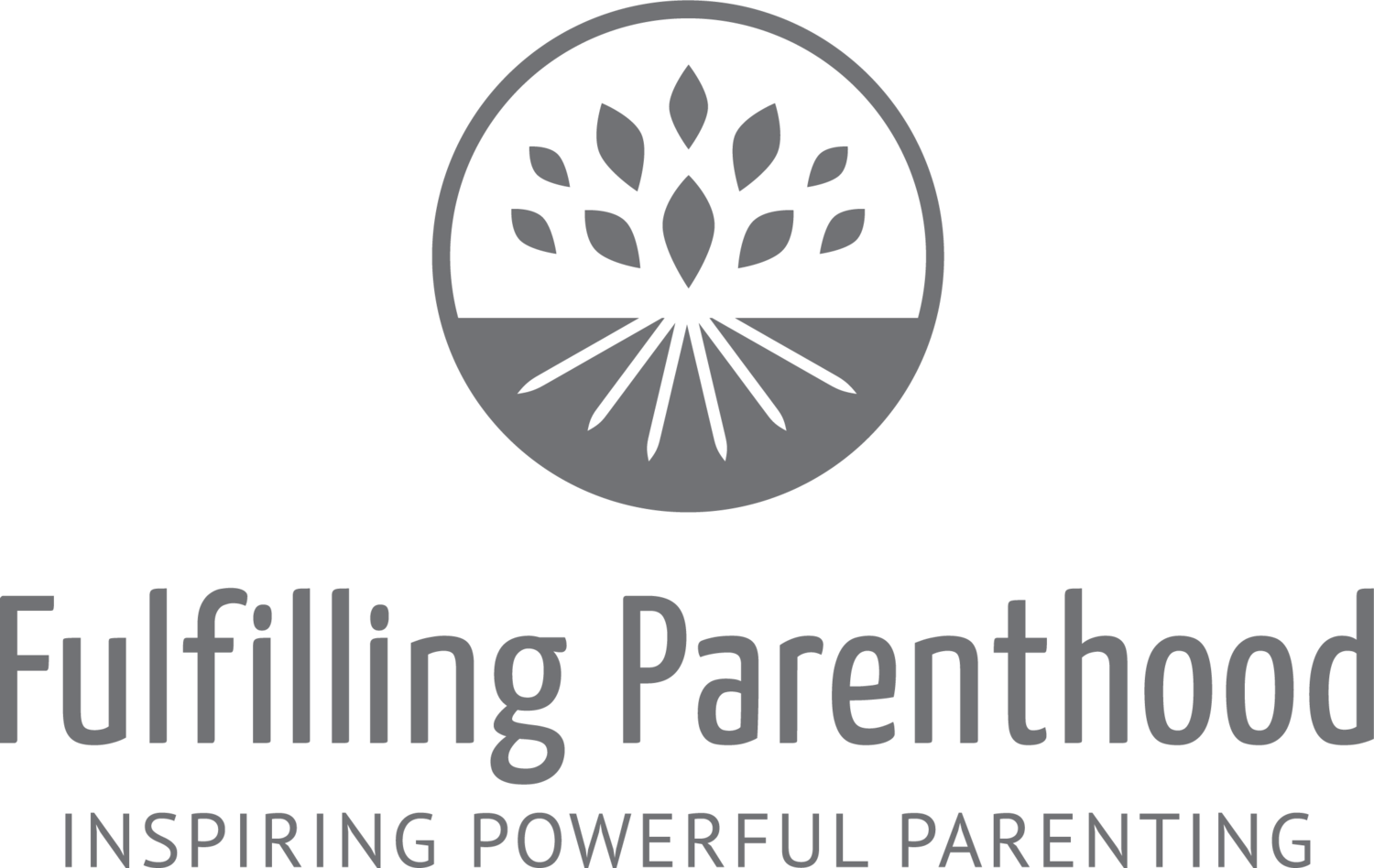Not long ago, Jenni told us we’d be talking about anger during one of our upcoming Badass Mamas. I remember feeling both excitement and fear about this. Excitement because I have some rage in me, that is for sure. Fear because I know expressing anger isn’t admired in our society. When I interviewed a world-renowned expert on relationships recently, we talked about how women are actually punished for having feelings. I know women are punished most for expressing anger.
Whoosh. I was so curious about how Jenni would approach this topic. How do you dive into feelings you aren’t supposed to express? She did it with questions: What knot can you not let go off? What unresolved hurt do you come back to again and again? What is a hurt you won’t share with a loved one because you know it would damage the relationship? What resentment lingers from a relationship that’s ended? What unspoken thought or story nags at you? What storyline snags your attention, no matter how much you wish you were done with it?
As different as each of our knots were, how we talked about them was remarkably similar. Maybe our mom was doing her best when she was hurting. Maybe our friendship ended because we were just too much. Maybe we should have been less sensitive to our boss’s criticism. Maybe it was us. We excuse those who hurt us and explain away our pain.
While trying to bring these stories in the light, we talked about how we felt despair more than anger. We’d return to “maybe” and “if only” and “I should have,” to our own failures and our excuses for those who failed us.
But Jenni interrupted the stories by asking us to set our own responsibility aside for a moment. What if we let ourselves say ‘fuck you’ to unresolved knot, that story, that person? Not to their face, but here, in our minds, in our hearts, with all of our bodies? Fuck you, you hurt me. Fuck you for not sticking around. Fuck you for what you couldn’t give. I needed more from you and I didn’t get it. Fuck you.
This feels so raw and so unexplainable. But there’s such a power in letting go of the good girl that accepts more than her share of blame for everything that’s gone wrong. Usually, Jenni said, she asks people to accept responsibility, to consider, “What’s your part? What is yours to own?” The good girl, though, accepts more than what’s hers. Rage is kept at bay, and beneath that, hurt and loss and grief. She invited us to take off the mantle of blame and let rage have a voice.
This idea reminds me of a collaborator who once told me that we don’t give ourselves permission to hate. What if every time we thought about how mad we were at someone, instead of turning that anger off, we gave voice to it? What if we just really let ourselves hate someone who hurt us? Not so that they hear us, but so we hear our own inner voice. I hate that you hurt me. I hate that your leaving makes me feel unlovable. I hate you for hurting me. It feels like the deepest breath, the best release, doing half-moon in yoga and feeling my muscles release. Fuck you very much. I feel so much better now.
After inviting our “fuck you”s, Jenni asks what we can return to that person. We’re not giving an object, like a gift returned postage due to an ex-lover, but the part of the story that’s not ours to own. If a parent didn’t have room for you to feel your feelings when you were a child, you can hand that back. You can roll it up like psychic black fabric and send it back to them. You’re going to feel your feelings and welcome your kids’ feelings, too. This idea of stuffing the hurt, well, that’s going back, no postage due, no conversation with that parent even necessary.
Whoosh, so much to think about after group. Permission to say fuck you to those stories that won’t stop nagging at your brain and body. Returning what no longer works for you. Letting anger have a place in your life. The fear and the excitement arise because rage is powerful, and so are the women who feel it.

